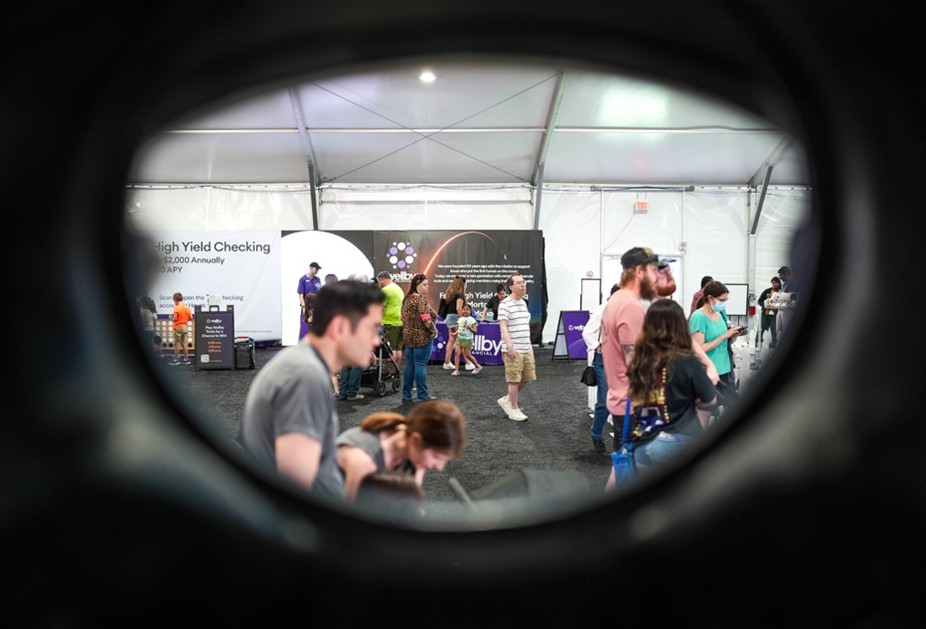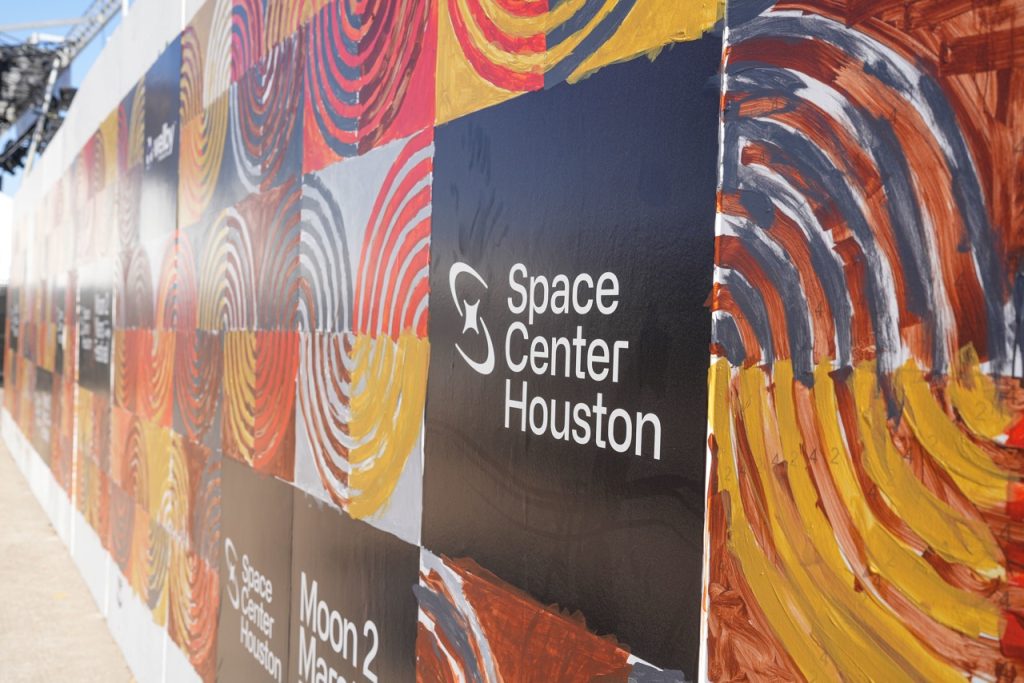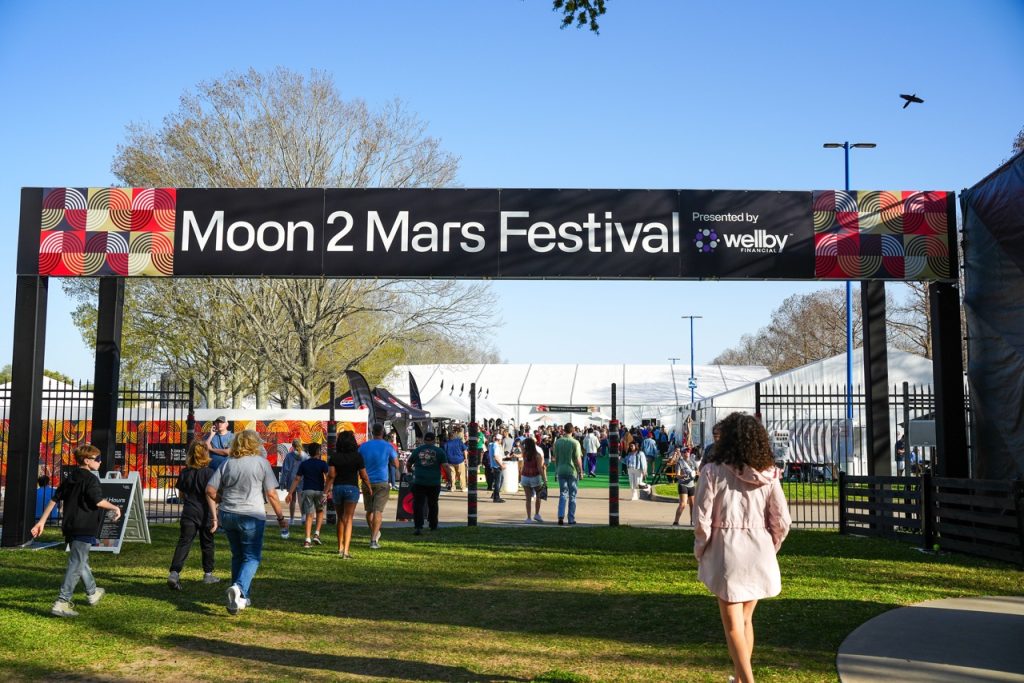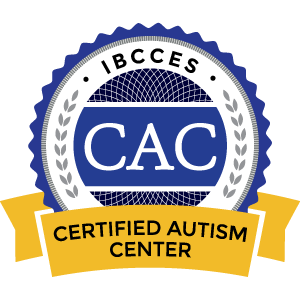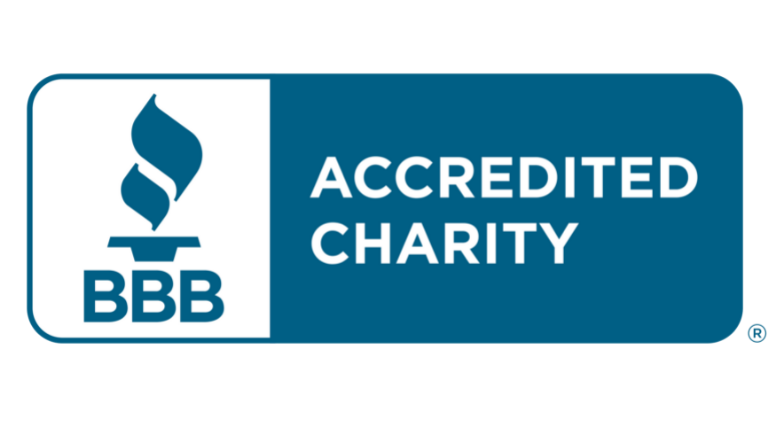
NASA, in partnership with Space Center Houston, has selected 22 qualifying teams to compete in the competition round of Phase 2 of the Space Robotics Challenge. Eligible teams will advance to the final virtual competition round, which will begin in late January.
Phase 2 of the Space Robotics Challenge a NASA Centennial Challenge, is a $1 million prize competition to advance autonomous robotic operations for space exploration missions on the surface of other worlds, such as the Moon and Mars. While many of NASA’s planetary surface robotic systems already have some autonomous capabilities that can fulfill a desired concept of operations, the agency envisions a future when humans and robots are working and living together on other worlds.
For the qualification round of the challenge, teams were asked to submit solutions for three tasks demonstrating autonomous operations of robotic systems in a virtual lunar environment. These complicated tasks focused on in-situ resource utilization and included identifying, collecting, and returning resources to a lunar processing plant.
Teams were awarded prize money based on their score and number of tasks completed. Out of 114 registered teams, 22 teams successfully addressed the NASA needs and submitted qualifying entries, allowing them to move on to the final competition round.
Six teams completed the three tasks or met the threshold score for the maximum award of $15,000:
- Olympus Mons, Barcelona, Spain
- Robotika, Annapolis, Maryland
- Runaround Robots, Cedar Falls, Iowa and Colombo, Sri Lanka
- Team Capricorn, Worchester Polytechnic University, Worchester, Massachusetts
- Team Mountaineers, West Virginia University, Morgantown
- Walk Softly, Niskayuna, New York
One team completed two tasks and qualified for a $10,000 award:
- Mingo Mountain Robotics, Kettle Falls, Washington
Nine teams completed one task qualified for a $5,000 award:
- AMI Technologies LLC, Edina, Minnesota
- Future Robotics, Franklin, North Carolina
- God & Golem, Inc., New York
- Lycanthropic Lunar Lunatics, Ramona, California
- MoonrAlders, Johnstown, Colorado
- Team Swarmathon, University of New Mexico, Albuquerque
- The University of Adelaide, Australia
- UHCL/SJC, University of Houston – Clear Lake and San Jacinto College, Texas
- Whalers, Nantucket, Massachusetts
Six additional teams qualified to compete in the competition round:
- Columbia Space Initiative, New York
- Team Schmidty, Bridgeville, Pennsylvania
- The Luminosity Lab, Tempe, Arizona
- Team Olrun, Evansville, Indiana
- PRIME, Cypress, Texas
- Purdue-Hongik Team, West Lafayette, Indiana
The competition round will require participants to develop fully autonomous operations, navigation, and decision-making capabilities that will be tested on multi-unit planetary robotic systems within a simulated lunar environment. The top 10 scoring competitors in the competition round will be awarded prizes from a pool of $625,000. Prizes will be awarded to competitors that meet or exceed a given threshold score.
Phase 1 of the challenge concluded in June 2017 and focused on NASA’s R5 humanoid robot operating in a virtual Mars environment. It consisted of two challenge rounds and tasked competitors with advancing the capabilities of humanoid robot dexterity to better enable robots to work alongside, and independent of, astronauts.
The Space Robotics Challenge is supported by subject matter experts at NASA’s Johnson Space Center. Centennial Challenges are part of the Prizes, Challenges, and Crowdsourcing program within NASA’s Space Technology Mission Directorate and are managed at NASA’s Marshall Space Flight Center in Huntsville, Alabama. The nonprofit Space Center Houston is working with NASA to manage the challenge competitors. The challenge is a part of Space Center Houston’s Innovation Gateway community science initiative. This program empowers the public with authentic learning experiences that contribute to real scientific research.

Get to know the Space Robotics Challenges Phase 2 finalist teams below.
AMI Technologies LLC
Edina, Minnesota
AMI Technologies, LLC is a single person team. My educational background consists of a Bachelor’s in mechanical engineering and Master of Science in electrical engineering. I have around 30 years of industry experience in the area of automation and robotics developing software algorithms, mechanical design, and working with optics and electronics. I have been involved in semiconductor capital equipment, material testing, disk drives, and ultra-high vacuum. I hold patents related to image processing algorithms, precision machine design, and machine vision. I am the coauthor of IEEE publication (related to autonomous vehicles). ROS, Gazebo, Docker, and Linux were all new to me at the start of the contest.
Columbia Space Initiative
New York City, New York
The Columbia University Space Initiative is a student space technology and outreach club founded on Sep.. 27, 2015. It serves as an umbrella organization for mission teams involved in everything from nano-satellite mechanical design to building biomedical payloads for research in outer space. The robotics team of the Columbia Space Initiative consists of undergraduate and graduate computer science students at Columbia University and was advised by Professor Tony Dear. After finishing their submission for the challenge, the team went on to continue astrobotic research with the Columbia University Robotics Club.
Future Robotics Laboratory
Crofton, Maryland
Future Robotics Laboratory is comprised of four young professionals who all met at some point during their education and share an interest in robotics. All four team members have an engineering background, and most of the team are currently pursuing a career in the field of robotics.
God and Golem, Inc.
Irvine, California
Bradley C has more than 10 years of experience in software development, having completed in AI challenges ranging from NLP chatbots to DL classification and autonomous ROS bots!
Lycanthropic Lunar Lunatics (L3)
Tokyo, Japan
Our team, currently based in Japan, consists of aerospace and software professionals. We all met while previously working together on rover development at ispace, a Japanese lunar transportation company. Our members also have experience with Mars rover development, satellite image analysis, and machine learning.
Mingo Mountain Robotics
Kettle Falls, Washington
I was part of the Space Robotics Challenge Phase 1. It was a crazy amount of work, and I loved every minute of it. I can’t help myself. I mentor a First Robotics Competition (FRC) high school robotics team and help students create their competition robots each year. Localization will be the biggest challenge of this competition, and I have some ideas on solving that problem.
Mountaineers
Morgantown, West Virgina
Team Mountaineers is a group of robotics students and faculty from the Statler College of Engineering and Mineral Resources at West Virginia University (WVU). Our team goal is to strengthen WVU’s robotics program through our participation. In doing this, our team objectives are to develop a new group of diverse robotics leaders at WVU and to capture the knowledge acquired during our participation in shareable manner for the benefit of WVU robotics and the outside world. Let’s go Mountaineers!
Olympus Mons
Bareclona, Spain
The team is composed of PAL Robotics’ employees, who have chosen to spend some of their weekends, holidays, and nights participating in the competition. Our goal is to apply our day-to-day work to the competition robots, to learn and try new things that can improve our company robots and to have fun while doing it.The team was created for participating in the Space Robotics Challenge Phase 1, which we finished in third place. We’re looking forward to improving our result this year!
PRIME
Houston, Texas
I live in Houston, and am currently attending the University of Houston as a computer science major. I build robots and love 3-D printing. I’ve been interested in robotics and automation since high school. As a freshman in college, I participated in Phase 1 of the Space Robotics Challenge. As a sophomore, I participated in the SpaceX Hyperloop Competition for two years. In parallel, I constructed a massive room-sized 3-D printer and recently have consolidated my efforts towards the ANA Avatar XPrize, a four-year competition for the creation of humanoid robotic avatars.
Purdue-Hongik Team
West Lafayette, Indiana, & Sejong, Chungcheongnam-do, South Korea
The Purdue-Hongik Team is an international collaborative team formed by the research group of Dr. Byung-Cheol Min at Purdue University (SMART Lab) and the research group of Dr. Jonghoek Kim at Hongik University in South Korea. The two research groups have been collaborating for a long time on the topic of robotics and multi-robot systems. Our mission is to disseminate to society through this competition the theoretical and practical knowledge and skills in multi-robot systems that have been built up through our collaboration, and to further advance new robotic technologies suitable for the space environment.
Robotika
Annapolis, Maryland
Team members are seasoned IT professionals, computer scientists, and robotics enthusiasts. We’ve drawn on our deep experience conceiving, designing, and testing autonomous Earth-bound vehicles in our work for the competition.
Runaround Robotics
Cedar Falls, Iowa & Colombo, Sri Lanka
Robotics and software specialists representing the USA and Sri Lanka make up this team, named after the science fiction short story “Runaround” by Isaac Asimov. Runaround Robotics team is confident that its expertise in software perception, planning, and implementation is well-suited to complete the challenge tasks. The main goal of the team is to learn about and actively contribute to the exciting field of autonomous robotics in both terrestrial and outer space applications.
Team Capricorn
Worcester, Massachusetts
Team Capricorn comprises 16 undergraduates, graduate students, and faculty from Worcester Polytechnic Institute. We have backgrounds in robotics engineering, computer science, and electrical engineering. Many of us are FIRST alumni. We love to compete, and participated in the first NASA Space Robotics Challenge and Defense Advanced Research Projects Agency (DARPA) Robotics Challenge.
Team MoonrAIders
Johnstown, Colorado (remote team)
Our team is made up of interdisciplinary members coming from fields such as machine learning, computer vision, and robotics. We have members from over seven countries and nine institutions. Together we are excited to tackle the challenge of developing simulated rovers to find resources on the Moon. Our team is proudly supported by SAP National Security Services (SAP NS2) Labs.
Team Olrun
Evansville, Indiana
The name Olrun was inspired by Space Robotics Challenge Phase 1, where the robot was named Valkyrie. Olrun is one of the Valkyries in Norse mythology. I am back as a one-person team.
Team Schmidty
Bridgeville, Pennsylvania
I am a mechanical engineer by degree but software engineer by trade specializing in robotics currently for the National Robotics Engineering Center at Carnegie Mellon University. In particular, I have a lot of experience working with GNC, communications, and middleware. C++, C#, and Python are my primary areas of expertise, but I also have extensive web and database experience. I have always enjoyed the challenge of the highly technical problems in science and technology, and stretching my skills to solve such problems.
Team Swarmathon
Albuquerque, New Mexico
We were brought together by a previous NASA robotics competition and decided to continue our connection by entering this challenge. We have members from the University of New Mexico and Cabrillo College. We are mostly computer science undergraduates and graduate students.
Team Whalers
Nantucket, Massachusetts
Team Whalers started as a four-person boy band covering hits from the greatest R&B vocal group of all time, Boyz II Men. After several failed performances and dramatic fallout, only Jed and Will remained. Widely considered the least talented singers of the group, they fell back onto their expertise in robotics. Will is a talented software engineer and physicist. Jed is also on the team.
The Luminosity Lab
Tempe, Arizona
The Luminosity Lab at Arizona State University (ASU) is an interdisciplinary research and development lab driven by hand-selected teams of high-performing students from ASU who design, build, and deploy novel solutions to address some of the world’s most pressing challenges. Built on a “Skunkworks” model of innovation, we take risks, strategically leverage the resources and experts of a Research I university, and produce unconventional innovations capable of impacting society.
The University of Adelaide
Adelaide, South Australia
The University of Adelaide participates in numerous technical competitions and is familiar with the NASA Centennial Challenge series.
UHCL-SJC
Houston, Texas
We are a team of undergraduate students from the University of Houston Clear Lake and San Jacinto College North.
Walk Softly
Niskayuna, New York
Team Walk Softly joins the fray from upstate New York. While Walk Softly competed in the previous SRC competition as a duo, this time around Steve Gray is going it alone. Steve works at GE Research and is competing here on his own time. He has previously competed in the DARPA Robotics Challenge while at Lockheed Martin, DARPA Subterranean Challenge earlier this year, and National Institute of Standards and Technology (NIST) Agile Robotics for Industrial Automation Competition (ARIAC) competitions. As always, Walk Softly is excited to see the innovative solutions that come out of this challenge.







